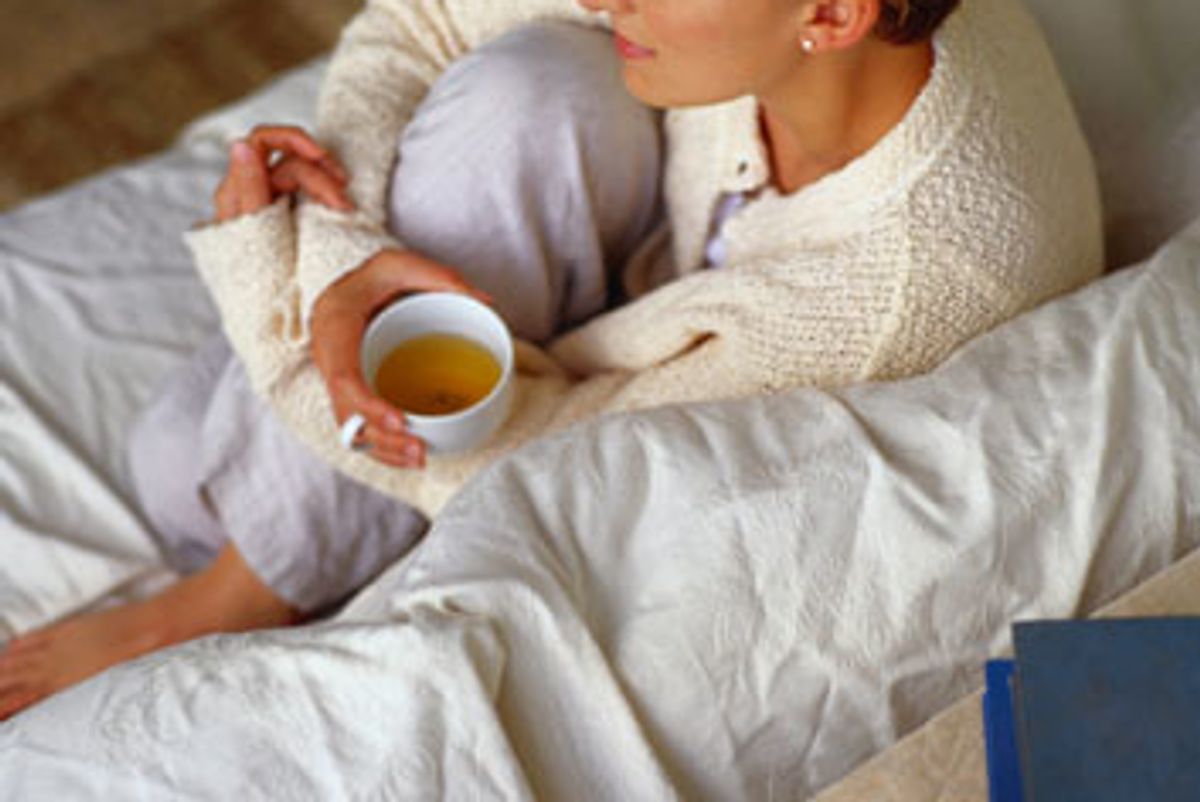If you suspect you have an anxiety disorder, I urge you to get the appropriate diagnosis and treatment from a mental health professional. But in addition to cognitive behavioral therapy (CBT) and medication, there are some things you can do on your own to enhance your treatment.
These approaches can also help those of you who may find yourself worrying or anxious at specific times in your life, but who don't actually have an anxiety disorder. One warning: An anxiety disorder is a serious medical condition requiring a professional's help. Do not try to substitute these options for professional help.
- Kava. Numerous studies find that this herb, a member of the black pepper family, works better than a placebo to reduce symptoms in people with generalized anxiety disorder (GAD). Kava can interfere with how your body metabolizes certain medications, however, so, as with any supplement, check with your health care professional first.
- Inositol (vitamin B8). Studies find that supplementing with 12 to 18 grams a day works about as well as selective serotonin reuptake inhibitors (SSRIs) like fluvoxamine (Luvox), and better than a placebo, to reduce the intensity and frequency of panic attacks. Other studies find inositol works better than a placebo to reduce symptoms of obsessive compulsive disorder (OCD).
- Herbal teas. Valerian and passionflower have long been used to calm nervousness and treat anxiety, although there are no studies showing they're effective in treating anxiety disorders. However, I believe that any time you brew a pot of hot tea and sit in a quiet place to sip it, you will feel better.
- Acupuncture. There is some limited evidence that acupuncture may help reduce the symptoms of GAD. As with many alternative remedies, I think the effectiveness is often individual. If you are comfortable with acupuncture, talk to a licensed acupuncturist about the possibility of using it as an adjunct treatment for your anxiety.
- Journaling. I know that when I can't sleep at night, writing down what I'm worried about or making a list of everything I have to do clears my mind and allows me to fall asleep. You might try this when you feel your mind going around and around the same groove.
- Applied relaxation. Relaxation techniques such as meditation, progressive muscle relaxation and systematic breathing, can all reduce stress hormone levels. Studies suggest they can also improve symptoms of GAD nearly as well as CBT and may provide some benefit in panic disorder. I suggest taking a class at your community hospital or recreation center to learn the proper techniques.
- Exercise. You knew this would be here, didn't you? We know that exercise is a terrific treatment or treatment addition for depression, boosting levels of feel-good hormones. So it's no surprise that studies suggest the same benefits for anxiety disorders. One interesting study found levels of the neurotransmitter gamma aminobutyric acid, or GABA, increased in yoga practitioners after a 60-minute session compared to people who just read for 60 minutes. This is important because studies find low levels of GABA in people with some anxiety disorders, particularly panic disorder. In another interesting study, researchers used a drug to stimulate a panic attack in 15 healthy people after they either exercised or rested quietly. Just six participants had a panic attack after exercising, but 12 had one after resting. I don't think you have to train for a marathon, but a daily walk sure wouldn't hurt!
From Your Site Articles







